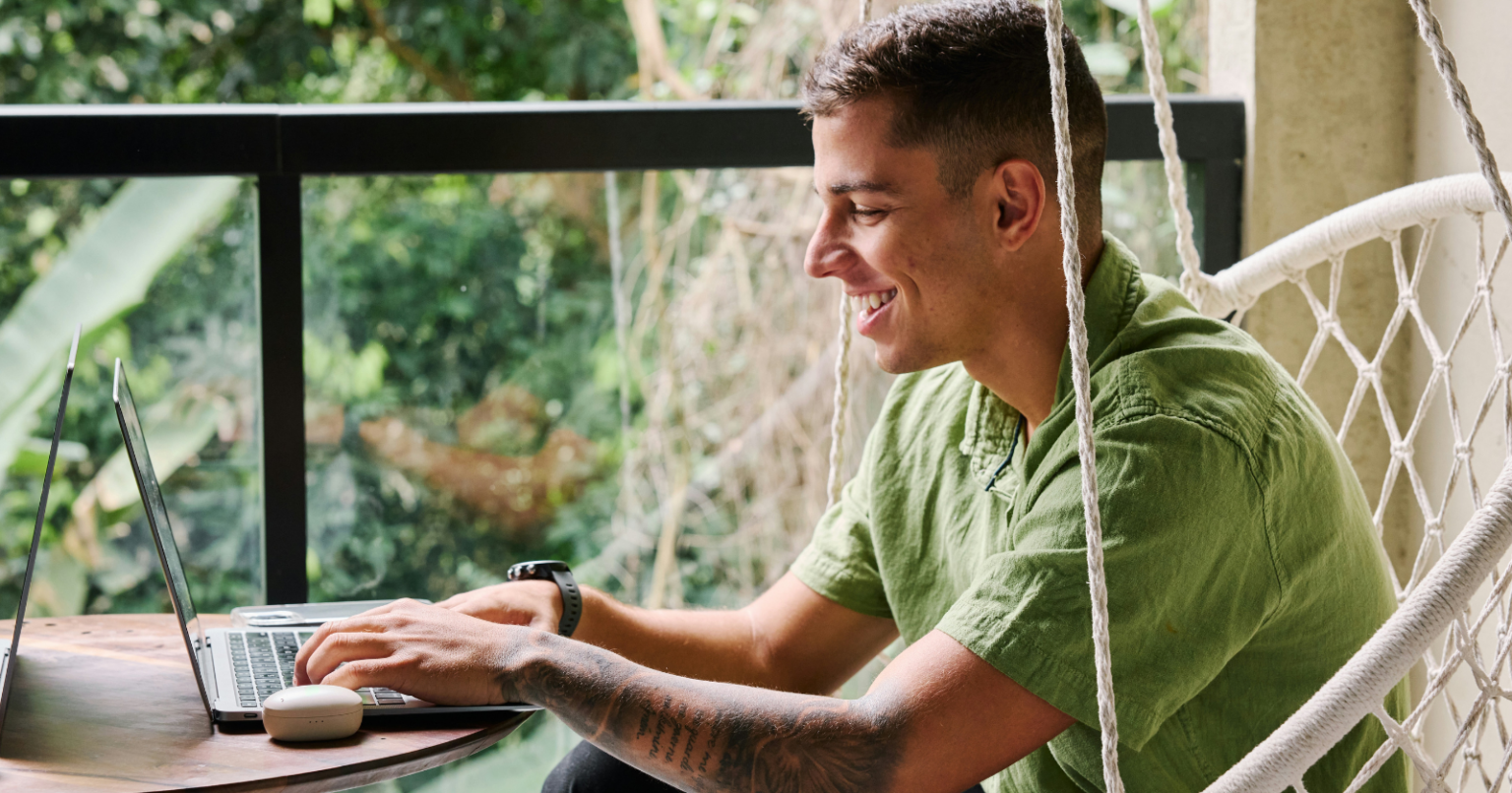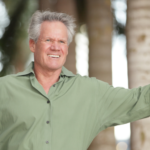We’ve all stood in front of a mirror on the first day back from vacation and wished the glow could last longer than the tan.
Behind that wish sits a bigger question: Why does real life feel so different from the days we happily paid to escape to?
I’ve spent the last decade mixing minimalism, yoga, and a healthy dose of psychological research into my routine, testing what actually turns everyday life into something spacious and energizing.
What follows are seven practices that keep my week feeling more like those carefree mornings on a beach—minus the sand in awkward places.
1. Start where you are
Most of us postpone change until something external shifts—new job, new city, new partner.
The problem: external overhauls are expensive, unpredictable, and often leave our inner patterns untouched.
Instead, I start small.
When my schedule overflowed last spring, I blocked ten minutes between meetings to sit in silence, hands over my belly, noticing each breath.
That micro-pause reset my nervous system more than an entire weekend spa package.
It costs nothing, yet compounds daily.
Ask yourself, Where can I carve out a sliver of stillness today?
Make it visible on your calendar.
Treat it as sacred as a flight you’d never miss.
2. Define what “enough” means
Modern life worships more: more followers, more square footage, more side hustles.
But a life that never feels complete will always crave escape.
Grab a notebook.
Write two columns—Needs and Nice-to-Haves.
My Needs list includes eight hours of sleep, a clear desk, and deliberate time with my husband each evening.
Everything else is optional.
When new opportunities appear, I check them against that list.
If they threaten my non-negotiables, the answer is an easy no.
Saying “no” more often turns everyday routines into intentional rituals rather than obligations we long to flee.
3. Design daily mini-retreats
Vacations work because they compress novelty, rest, and connection into a single package.
Recreate that chemistry in miniature.
Here’s how I rotate my own retreats during the week:
- Monday: 15-minute sunrise stretch on the balcony while the city wakes.
- Wednesday: Silent lunch—phone on airplane mode, senses tuned to taste and texture.
- Friday: Evening “digital sunset” where screens go dark an hour before bed, replaced by candlelight and gentle music.
I stick these rituals into my calendar with the same firmness I’d reserve for a flight confirmation code.
Consistency beats duration.
Even ten minutes done mindfully can reset mind and body better than a random three-hour Netflix binge.
4. Master mindful boundaries
Freedom isn’t created by abandoning responsibility; it’s built by fencing off what drains you.
For years I answered emails at dinner because I confused responsiveness with professionalism.
The result? anxiety masquerading as productivity.
Reading Rudá Iandê’s new book, Laughing in the Face of Chaos: A Politically Incorrect Shamanic Guide for Modern Life, reminded me that “Their happiness is their responsibility, not yours.”
That line hit home.
I paused, looked at my own need to please, and realized the real cost wasn’t paid in time—it was paid in peace.
Now I shut the laptop at 6 p.m.
Nothing melted.
Colleagues adapted, and dinner tastes better when I’m not mentally drafting replies.
If you’re worried about backlash, remember: clear boundaries teach others how to treat you and give them permission to set their own.
5. Curate experiences over stuff
Research shows that lasting happiness tracks closer to meaningful experiences than material accumulation.
A landmark study by psychologists Leaf Van Boven and Thomas Gilovich found that people report greater and longer-lasting happiness from experiential purchases than from material goods (Van Boven & Gilovich, 2003).
Last year we skipped exchanging holiday gifts and booked a weekend pottery workshop instead.
The wonky bowl on my kitchen shelf still sparks a grin each time I reach for oats.
Meanwhile, I can’t remember half the objects that left in my last donation run.
Audit your spending for the past three months.
How much funded memories versus maintenance?
Channel future funds accordingly.
6. Make movement non-negotiable
Bodies store stress the way inboxes store spam—silently piling until they crash.
Regular exercise lowers cortisol and boosts endorphins, easing tension and lifting mood, according to Harvard Health Publishing.
I lean on a simple formula: something each morning, something that sweats twice a week, and something playful on weekends.
Morning means ten sun salutations.
Sweat days rotate between cycling and HIIT.
Play looks like spontaneous dance breaks while sautéing veggies.
If you despise gyms, skip them.
The method matters less than the motion.
Your goal is to make movement as habitual as brushing teeth so tension never has time to calcify.
7. Practice presence with purpose
A calendar crammed with “shoulds” turns life into a checklist rather than an experience.
Mindfulness drags the senses back to now, where life actually happens.
Systematic reviews confirm that mindfulness practices improve well-being and reduce psychological distress (Keng, Smoski, & Robins, 2011).
I treat mundane tasks as portals: feeling bubbles burst when washing dishes, sensing the cool tile under bare feet, noticing my husband’s laugh lines deepen when a joke lands.
One paragraph from Rudá’s book echoes in my head during these moments: “When we stop resisting ourselves, we become whole. And in that wholeness, we discover a reservoir of strength, creativity, and resilience we never knew we had.”
Presence doesn’t erase problems—it equips us to meet them with full capacity.
Before we finish, there’s one more thing I need to address.
If these practices resonate, consider exploring Rudá Iandê’s work further.
He’s the founder of the Vessel, the very site you’re reading now, and his insights continue to challenge my assumptions in the best ways.
Reading the book inspired me to question the quiet scripts that run my life—scripts like “rest must be earned” or “productivity defines worth.”
Dismantling those beliefs freed up space that no airplane ticket ever could.
Final thoughts
Building a life you don’t need to escape isn’t a single leap.
It’s a steady layering of choices—tiny, intentional, and yours alone to craft.
Start with one practice from the list.
Test it for a week.
Notice what shifts.
Then add another.
Over time, “real life” becomes spacious enough to breathe in, relish, and yes—sometimes laugh at the chaos instead of running from it.
I’ll be here cheering you on, one mindful breath at a time.







